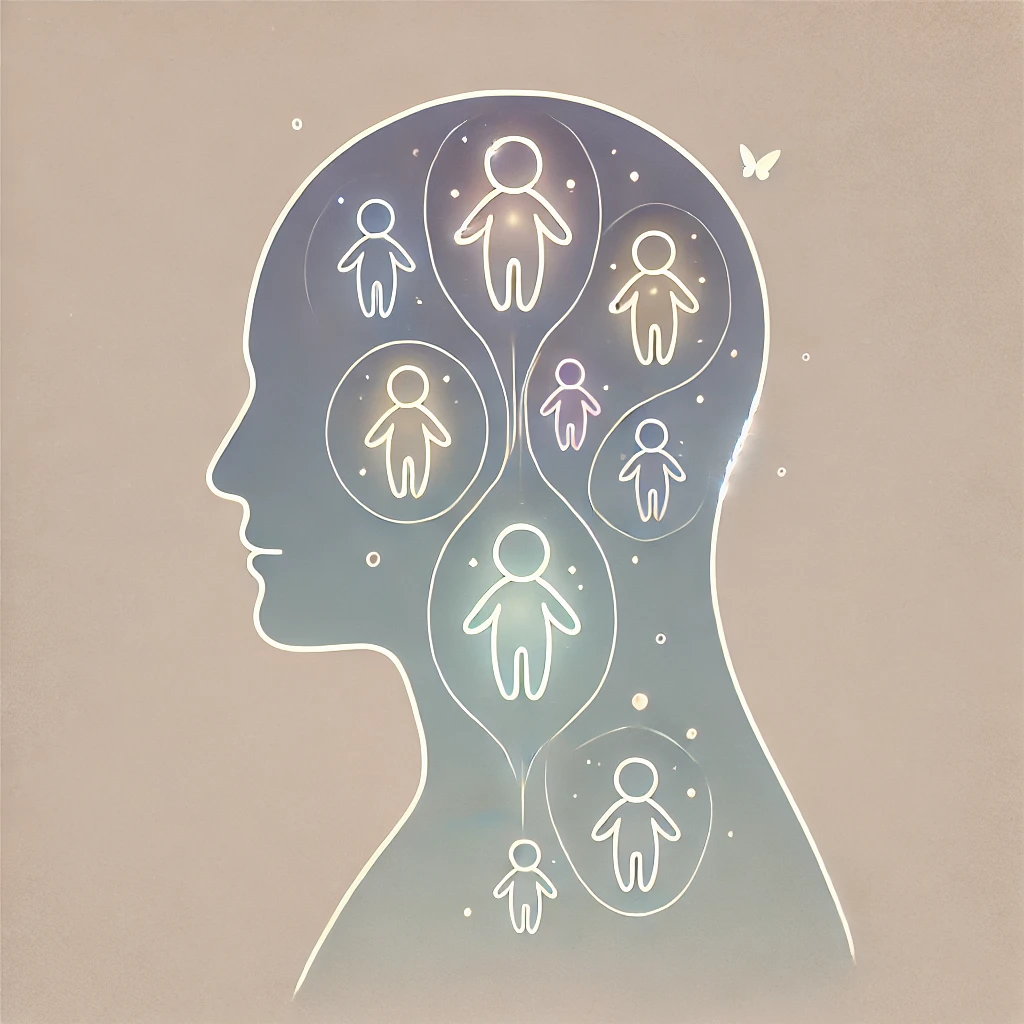3 Types of Parts
Understanding the Types of Parts in Internal Family Systems (IFS)
Internal Family Systems (IFS) is a therapeutic model that views the mind as made up of distinct “parts.” Each part plays a unique role in our emotional and mental well-being. While these parts often seem in conflict, they all work toward the same goal: keeping us safe and balanced.
Let’s explore the three primary types of parts in IFS: Managers, Firefighters, and Exiles.
1. Exiles
Role: Exiles carry the pain, shame, or fear from unresolved past experiences.
Purpose: They hold vulnerable emotions and memories, often stemming from early wounds.
Examples: A childlike part feeling unlovable, or a part holding the pain of rejection.
Challenge: Their pain can overwhelm us, so other parts work hard to keep them hidden.
2. Managers
Role: Managers act proactively to maintain control and prevent us from getting hurt.
Purpose: They try to avoid situations that could trigger exiles or cause emotional distress.
Examples: A perfectionist ensuring we never fail, or a people-pleaser avoiding conflict.
Challenge: Their strategies can create rigidity and stress, making life feel overly controlled.
3. Firefighters
Role: Firefighters react quickly when pain from exiles surfaces.
Purpose: They distract or numb us to protect against overwhelming feelings.
Examples: Turning to substances, overeating, or zoning out with TV.
Challenge: Their methods may bring temporary relief but can lead to guilt or harm long-term.
The Self: The Healing Core
Beyond these parts, IFS emphasizes the Self—our core state of calm, compassion, and clarity. When connected to the Self, we can understand and heal our parts, creating harmony within.
Why Knowing Your Parts Matters
By identifying and understanding these parts, we can:
Recognize why we feel or act a certain way.
Approach inner conflicts with curiosity instead of judgment.
Begin to heal past wounds and reduce the burden on our parts.
Closing Thought
Your parts are not your enemies—they are allies doing their best to protect you. By understanding and nurturing them, you can cultivate inner balance and emotional freedom.
